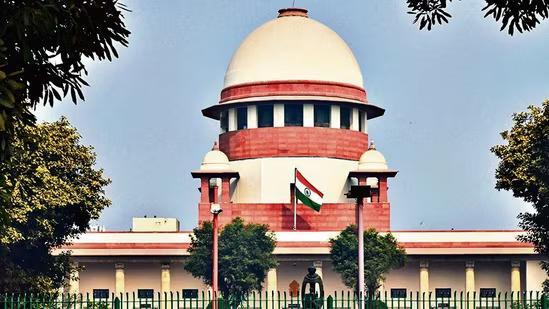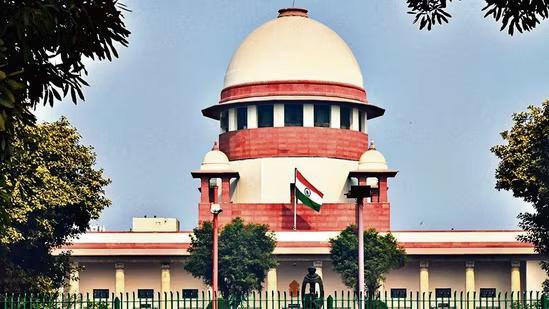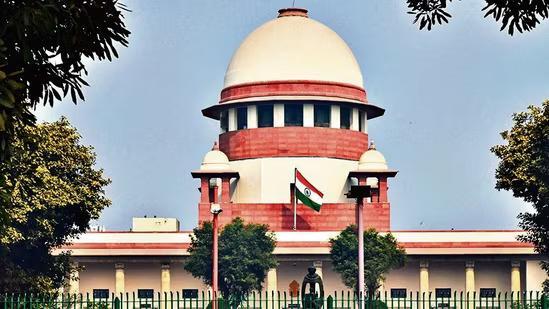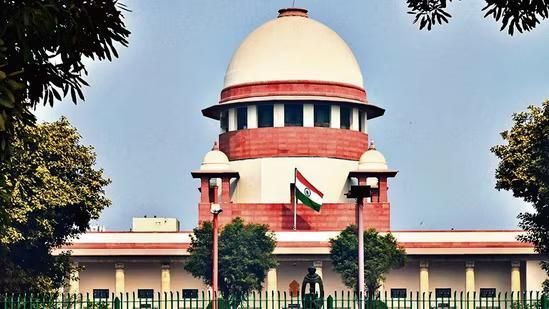
No Action Against Owners of 10 & 15-yr-old Diesel & Petrol Vehicles for 4 Weeks: SC
The Supreme Court has delivered a significant verdict in the ongoing debate over the ban on old vehicles in Delhi. In a recent hearing, the apex court has said that no “coercive” action will be taken against the owners of over 10-year-old diesel and 15-year-old petrol vehicles in the capital for the next four weeks.
The order was passed in response to an application filed by the Delhi government, which challenged the ban on the vehicles as a pollution control measure in the city. The Delhi government had approached the Supreme Court seeking a stay on the ban, which was imposed by the National Green Tribunal (NGT) in 2015.
The NGT had directed that vehicles older than 15 years should not be allowed to operate in Delhi, while those older than 10 years should not be allowed to enter the city. The ban was aimed at reducing the pollution levels in the capital, which has been struggling to breathe due to the increasing levels of air pollution.
However, the ban has been met with resistance from various quarters, including the owners of old vehicles who claim that it is unfair and impractical. The Delhi government, on the other hand, has been facing criticism for not doing enough to reduce pollution in the city.
The Supreme Court’s order is a temporary reprieve for the owners of old vehicles, who will not face any coercive action for the next four weeks. During this period, the Delhi government has been asked to come up with a comprehensive plan to address the issue of pollution in the city.
The Supreme Court’s order is seen as a victory for the owners of old vehicles, who have been fighting against the ban for a long time. The court’s decision is also seen as a setback for the Delhi government, which had been pushing for the ban to be implemented.
However, environmentalists have expressed concern over the Supreme Court’s order, saying that it will only delay the implementation of the ban and not address the root cause of the problem. They argue that old vehicles are a major contributor to pollution in the city and that the ban is necessary to reduce pollution levels.
The Delhi government has also expressed disappointment over the Supreme Court’s order, saying that it will not be able to implement the ban on old vehicles for the next four weeks. The government has promised to come up with a comprehensive plan to address the issue of pollution in the city, but it remains to be seen how effective this plan will be.
The Supreme Court’s order is a reminder of the complexities involved in addressing the issue of pollution in Delhi. While the ban on old vehicles is seen as a necessary step to reduce pollution levels, it is also a difficult task to implement, especially for those who are affected by it.
The Delhi government has been facing criticism for not doing enough to reduce pollution in the city, and this order is seen as a missed opportunity to take decisive action. However, the government is still committed to reducing pollution levels in the city and is working on a comprehensive plan to achieve this goal.
In conclusion, the Supreme Court’s order is a temporary reprieve for the owners of old vehicles, but it is also a reminder of the complexities involved in addressing the issue of pollution in Delhi. The Delhi government must come up with a comprehensive plan to address the issue of pollution in the city, and it is hoped that the government will take decisive action to reduce pollution levels in the city.





